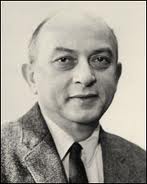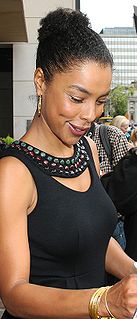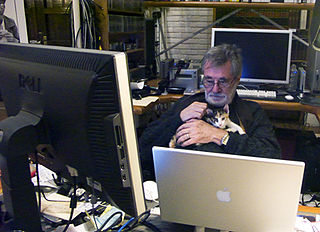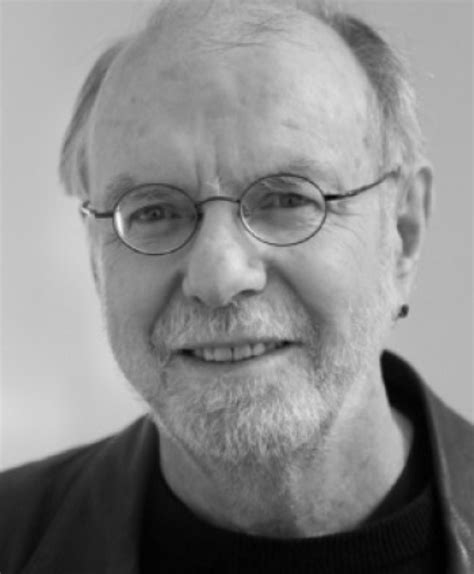A Quote by Randall Kennedy
If you are socially isolated, you are more vulnerable to stereotypes and myths; you won't have the opportunity to have conversations with someone who has a different social background than you.
Related Quotes
When you're socially awkward, you're isolated more than usual, and when you're isolated more than usual, your creativity is less compromised by what has already been said and done. All your hope in life starts to depend on your craft, so you try to perfect it. One reason I stay isolated more than the average person is to keep my creativity as fierce as possible. Being the odd one out may have its temporary disadvantages, but more importantly, it has its permanent advantages.
It helps to regard soul as an active intelligence, forming and plotting each person's fate. Translators use "plot" to render the ancient Greek word mythos in English. The plots that entangle our souls and draw forth our characters are the great myths. That is why we need a sense of myth and knowledge of different myths to gain insight into our epic struggles, our misalliances, and our tragedies. Myths show the imaginative structures inside our messes, and our human characters can locate themselves against the background of the characters of myth.
Stereotypes are ways of making extremely primitive and simple differentiations. Differentiations of gender, race, class, social status - so ordinary social life is very much built upon a whole repertoire of stereotypes we carry around. And those are immediately laminated onto people, and it isn't just visual.
Schools, the institutions traditionally called upon to correct social inequality, are unsuited to the task; without economic opportunity to follow educational opportunity, the myth of equality can never become real. Far more than a hollow promise of future opportunity for their children, parents need jobs, income, and services. And children whose backgrounds have stunted their sense of the future need to be taught by example that they are good for more than they dared dream.
In the early 1970s, Milton Friedman argued that corporations should not be socially responsible because they had no mandate to be; they existed to make money, not to be charitable institutions. But in the economy of the 21st century, corporations cannot be socially responsible, if social responsibility is understood to mean sacrificing profits for the sake of some perceived social good. That's because competition has become so much more intense.


































